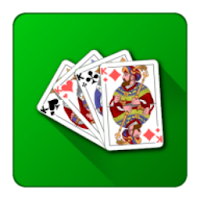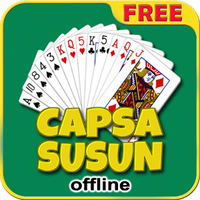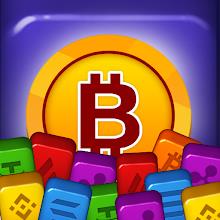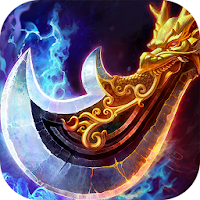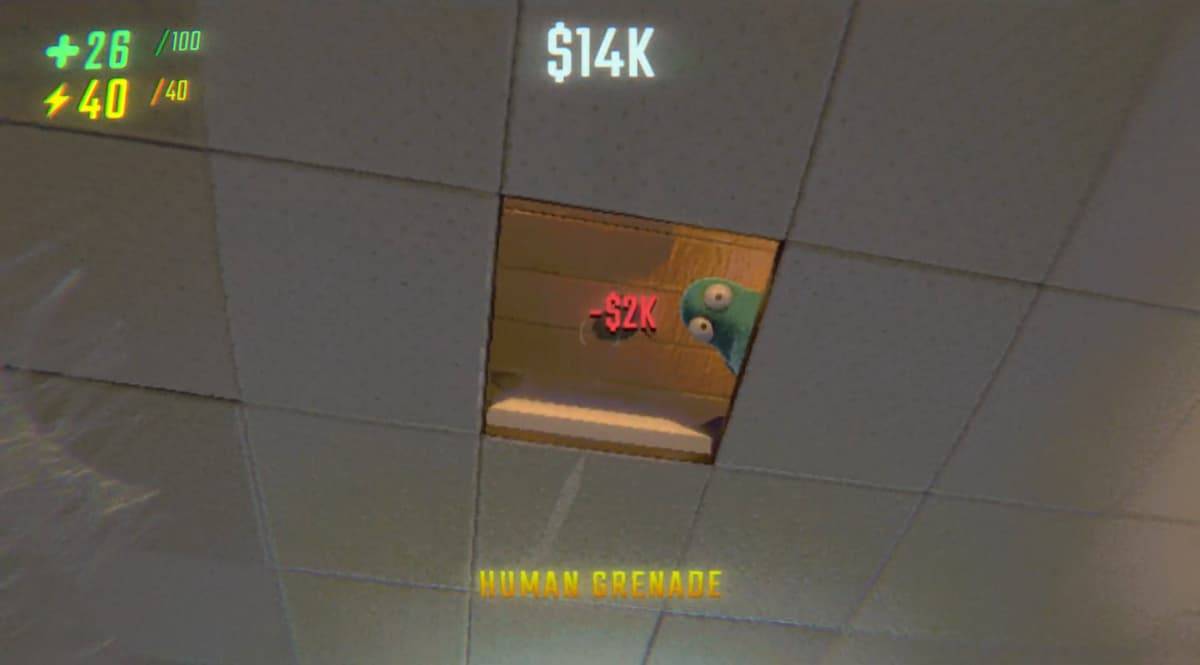The enduring appeal of board games lies in their diverse offerings, catering to families, strategy enthusiasts, and players of all genres. While modern games shine, classic board games maintain their relevance, offering enduring gameplay for both novices and seasoned players. This list showcases some of the best, presented chronologically:
TL;DR: Top Classic Board Games
 ### Azul
### Azul
1See it at Amazon ### Pandemic
### Pandemic
0See it at Amazon ### Ticket to Ride
### Ticket to Ride
0See it at Amazon ### Catan
### Catan
0See it at Amazon ### Sherlock Holmes: Consulting Detective
### Sherlock Holmes: Consulting Detective
0See it at Amazon ### Can't Stop
### Can't Stop
0See it at Amazon ### Acquire 60th Anniversary Edition
### Acquire 60th Anniversary Edition
0See it at Amazon ### Diplomacy
### Diplomacy
0See it at Amazon ### Yahtzee
### Yahtzee
0See it at Amazon ### Scrabble
### Scrabble
0See it at Amazon ### Othello
### Othello
0See it at Amazon ### Crokinole
### Crokinole
0See it at Amazon ### Liar's Dice
### Liar's Dice
0See it at Amazon ### Chess - Magnetic Set
### Chess - Magnetic Set
0See it at Amazon ### Playing Cards
### Playing Cards
0See it at Amazon ### Go - Magnetic Board Game Set
### Go - Magnetic Board Game Set
0See it at Amazon
Detailed Reviews:
Azul (2017): A modern classic abstract game with visually stunning components. Simple rules mask surprising depth and strategic interaction. Its straightforward tile-laying mechanics offer a wealth of strategic possibilities. Numerous expansions enhance replayability.
 ### Azul Board Game
### Azul Board Game
1See it at Amazon
Pandemic (2008): A pioneering cooperative game that set a trend. Its blend of accessible rules and clever mechanics makes it a global favorite. Players collaborate to combat spreading diseases, creating a tense race against time. Numerous expansions exist.
 ### Pandemic
### Pandemic
0See it at Amazon
Ticket to Ride (2004): An accessible set collection game based on Rummy, designed by Alan R. Moon. Players collect colored cards to claim train routes, connecting cities for points. The tight map and player interaction create a thrilling experience. Multiple versions and expansions are available.
 ### Ticket to Ride
### Ticket to Ride
0See it at Amazon
Settlers of Catan (1996): A revolutionary game that significantly impacted modern gaming. Its combination of dice mechanics, trading, and route planning was groundbreaking. While its popularity has waned somewhat, it remains a worthwhile experience.
 ### Catan
### Catan
0See it at Amazon
Sherlock Holmes: Consulting Detective (1981): A unique blend of board game, mystery, and choose-your-own-adventure. Players collaborate to solve mysteries in Victorian London, using provided materials. Its atmospheric writing enhances the immersive experience. Expansions provide additional cases.
 ### Sherlock Holmes: Consulting Detective
### Sherlock Holmes: Consulting Detective
0See it at Amazon
Can't Stop (1980): A dice-rolling game with a simple premise but agonizing decisions. Players race to reach the top of columns, balancing risk and reward. The tension of choosing to continue rolling or stop adds to its appeal. A mobile version is also available.
 ### Can't Stop
### Can't Stop
0See it at Amazon
Acquire (1964): A pioneering game by Sid Sackson, anticipating many modern game design concepts. Players create, merge, and invest in companies, blending spatial challenges and economic strategy. A masterful blend of strategy and risk.
 ### Acquire 60th Anniversary Edition
### Acquire 60th Anniversary Edition
0See it at Amazon
Diplomacy (1959): A notorious game known for its potential to strain friendships. Players negotiate and betray each other to conquer Europe in a game of pure strategy and simultaneous actions. Its lack of randomness and focus on player interaction make it unique.
 ### Diplomacy
### Diplomacy
0See it at Amazon
Yahtzee (1956): A classic dice-rolling and scoring game. While seemingly simple, it requires skill and strategic decision-making. Its quick gameplay and family-friendly nature make it a perennial favorite.
 ### Yahtzee
### Yahtzee
0See it at Amazon
Scrabble (1948): A well-known word game that balances vocabulary and spatial strategy. While turn times can be lengthy, its combination of wordplay and strategic placement keeps it engaging.
 ### Scrabble
### Scrabble
0See it at Amazon
Othello/Reversi (1883): A classic abstract strategy game with simple rules but complex gameplay. Players strategically place disks to flip their opponent's pieces, creating a dynamic and often surprising game.
 ### Othello
### Othello
0See it at Amazon
Crokinole (1876): A dexterity game requiring skill and tactical positioning. Players flick disks onto a circular board, aiming for high-scoring zones. Its combination of skill and strategy provides a unique challenge.
 ### Crokinole
### Crokinole
0See it at Amazon
Liar's Dice (1800s): A bluffing game where players bet on the combined value of hidden dice. Its straightforward rules mask a deep layer of statistical deduction and strategic deception.
 ### Liar's Dice
### Liar's Dice
0See it at Amazon
Chess (16th Century): A timeless strategy game with roots in ancient India. Its enduring popularity stems from its complex strategy and endless possibilities.
 ### Chess - Magnetic Set
### Chess - Magnetic Set
0See it at Amazon
Playing Cards (~900 AD): A versatile tool for countless games, from classic card games to modern strategic designs. Their adaptability and widespread availability make them a cornerstone of gaming.
 ### Playing Cards
### Playing Cards
0See it at Amazon
Go (~2200 BC): An ancient game of profound strategic depth. Its simple rules belie a complex game of territory control and strategic maneuvering.
 ### Go - Magnetic Board Game Set
### Go - Magnetic Board Game Set
0See it at Amazon
Defining a Classic:
The criteria for a "classic" board game are subjective, but key factors include high sales figures, influential game design, and widespread brand recognition. Games like Ticket to Ride exemplify high sales, while Acquire showcases influential design concepts that impacted later games. Finally, games like Chess represent widespread brand familiarity.







